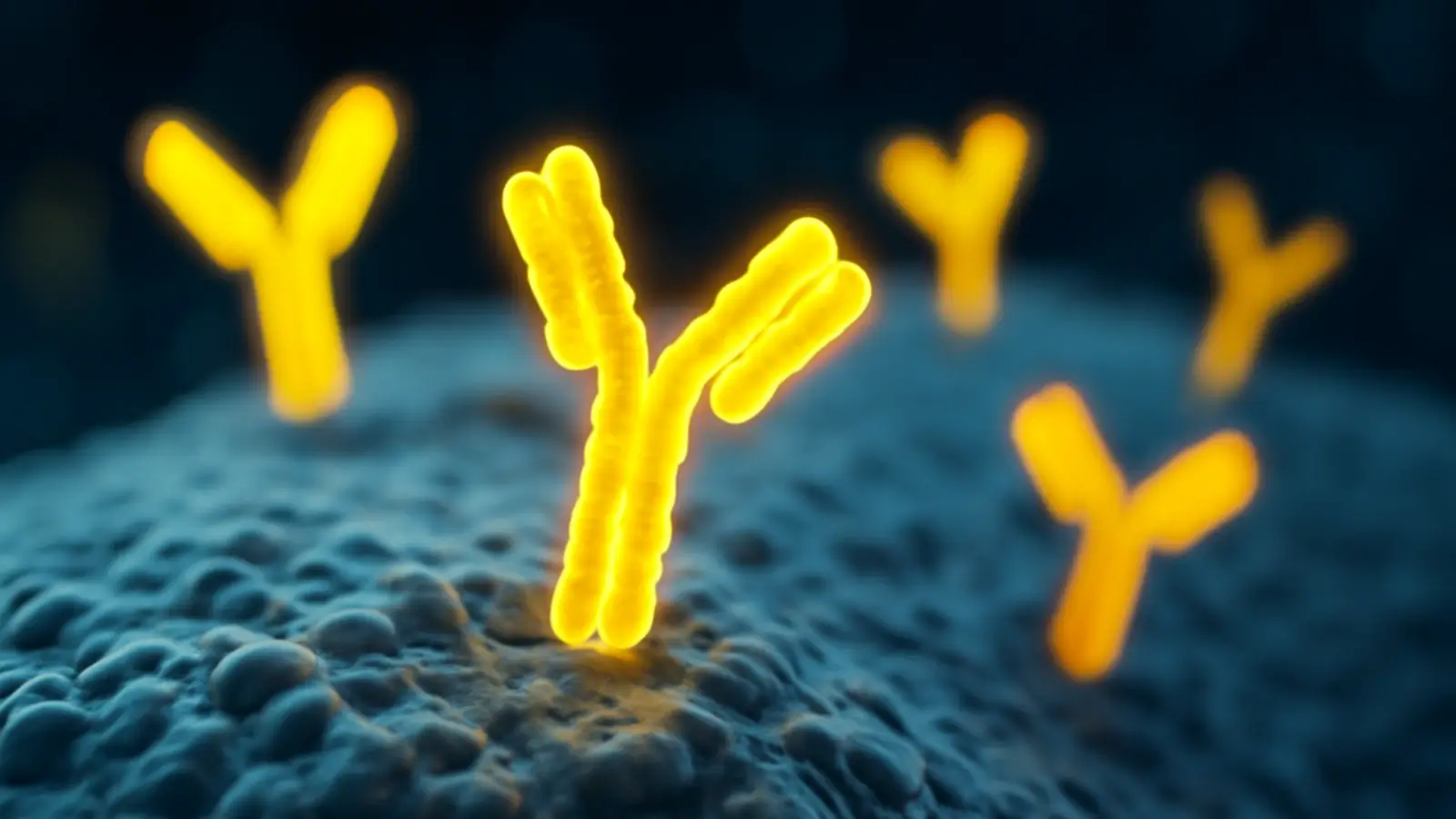


To really understand how a cell works, you have to understand what controls a protein’s activity, whether you’re studying cancer or the brain. That’s where the process of phosphorylation comes in. It’s the switch that turns proteins on or off.
But then, how do you see which switches are activated? For that, you need phospho-antibodies. They are crucial for -
tracking protein activity, and
understanding cellular signaling.
They are essential tools in fields like -
Cancer Biology,
Immunology,
and Neuroscience.
So, if you plan to purchase phospho-antibodies for your lab, this guide will help you understand what they are and why they're a must-have for your experiments.
The process of phosphorylation is similar to a light switch for proteins in a cell. When a cell adds a phosphate group (a chemical tag) to a protein, it can -
change its shape,
alter its function,
and turn its activity "on" or "off."
This can trigger a series of events within the cell, telling it to grow, divide, or respond to a threat.
But for a researcher, seeing which proteins are currently "on" is a huge challenge.
The solution for that is Phospho-antibodies.
These are specialized tools. They are designed to bind to a protein only when that phosphate group is attached. This allows you to track the protein’s active state.
Not all antibodies that target a protein are the same. You need to know the difference.
In short, to get the full picture, you need both. One tells you how much protein there is, and the other tells you how much of it is working.
These tools are critical in any research area involving protein signaling.
Cancer Biology: unusual protein activity can cause cells to grow out of control. To identify which proteins are active in cancer cells, scientists use phospho-antibodies, a key step in finding targets for new treatments.
Immunology: to launch an attack, the immune system uses protein activity. To see how immune cells like T-cells and macrophages are activated in response to an infection or vaccine, you can use these antibodies.
Neuroscience: Brain cells communicate using signals controlled by protein activity. Researchers use phospho-antibodies to understand how neurons respond to stimuli, which is key for studying diseases like Alzheimer's and Parkinson's.
To understand this better, let's look at the example of STAT1 pathway immunology.
When an immune cell detects a virus, it needs to respond. A protein called STAT1 is key to this process.
STAT1 becomes phosphorylated (the switch is flipped "on").
The active STAT1 protein enters the cell's nucleus.
It turns on genes that help fight the infection.
So how do you know if STAT1 was actually activated?
You use a phospho-specific antibody. It will only bind to the phosphorylated, active form of STAT1. This confirms the STAT1 signaling pathway is "on" and the cell is responding.
A researcher might use a Rabbit Stat1 Polyclonal Antibody to detect active STAT1, for instance, which will show them how the immune cell is reacting to a threat.
You wouldn’t know if the protein was active or not without a phospho-specific antibody.
Phospho-antibodies are not just another reagent. They are essential for studying the active state of proteins. Getting reliable results means knowing which proteins are switched on.
Save -
time,
money, and
the headache of misinterpreting your data.
By choosing the right tools.
Make sure you get the validated phospho-antibodies your research deserves, next time you’re getting that new kit from AAA Biotech.